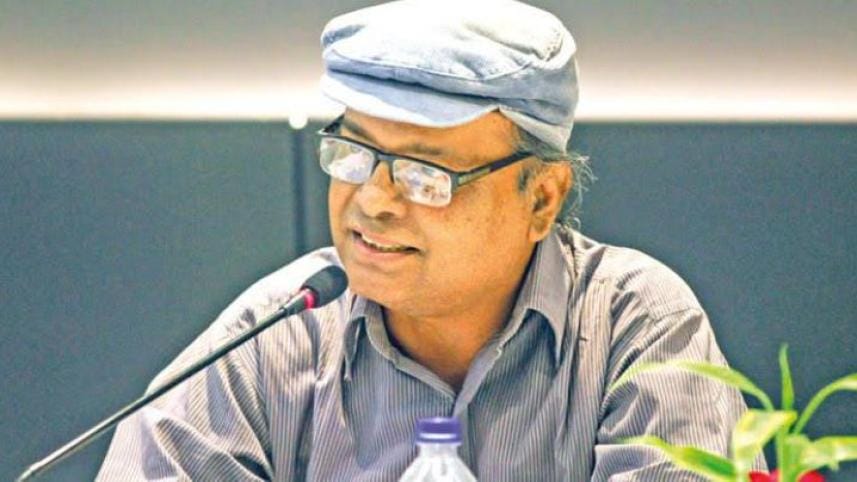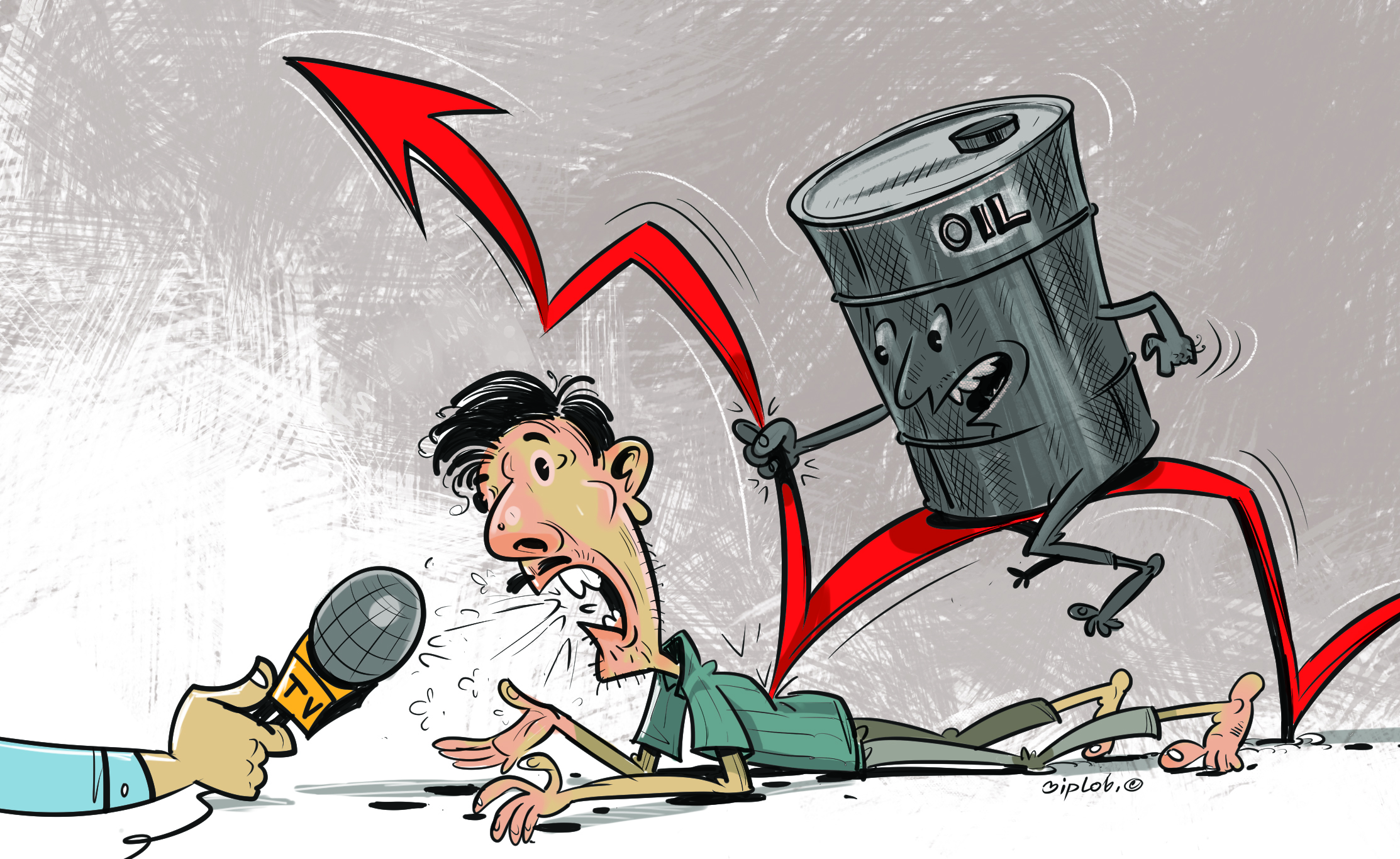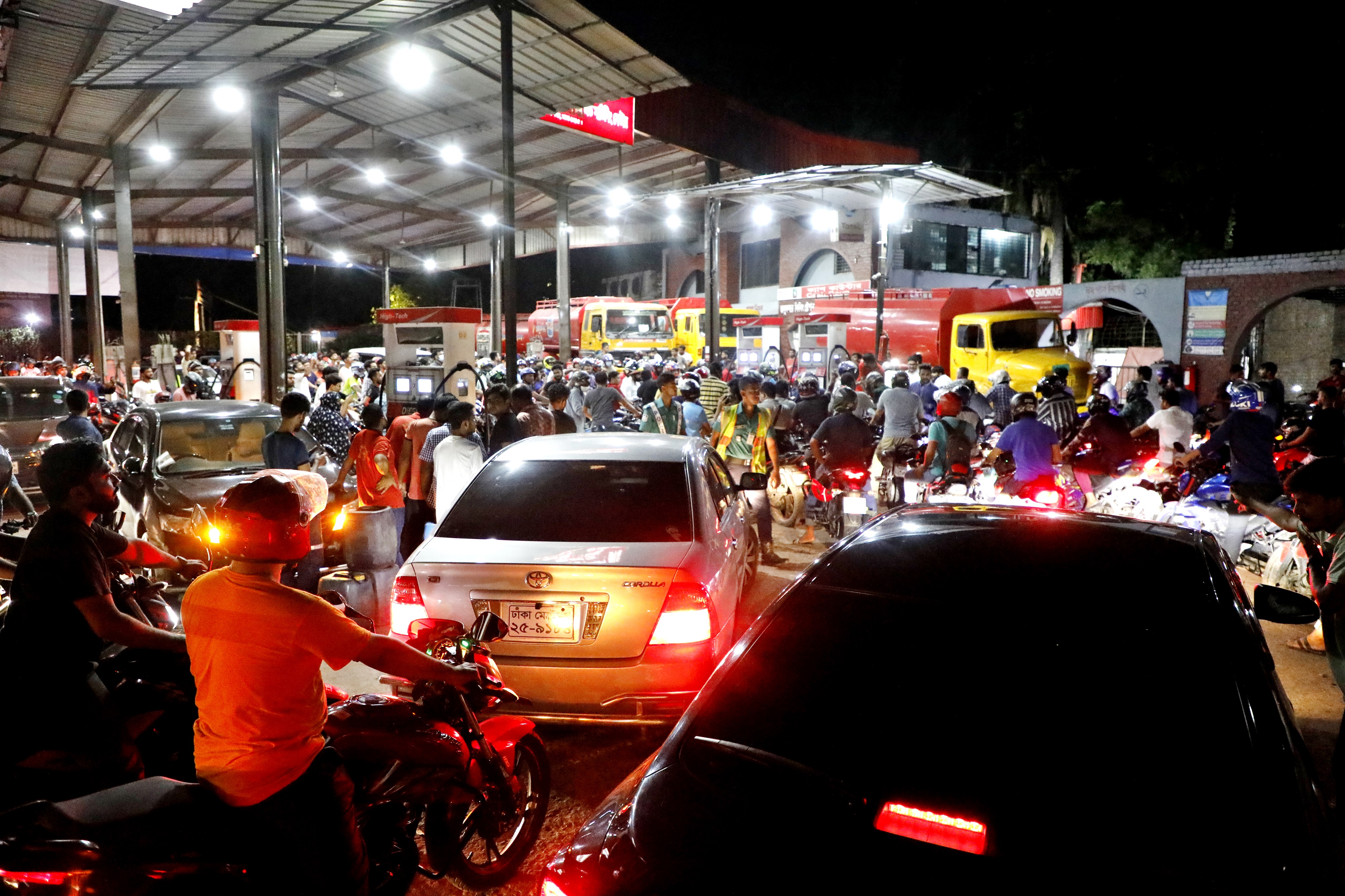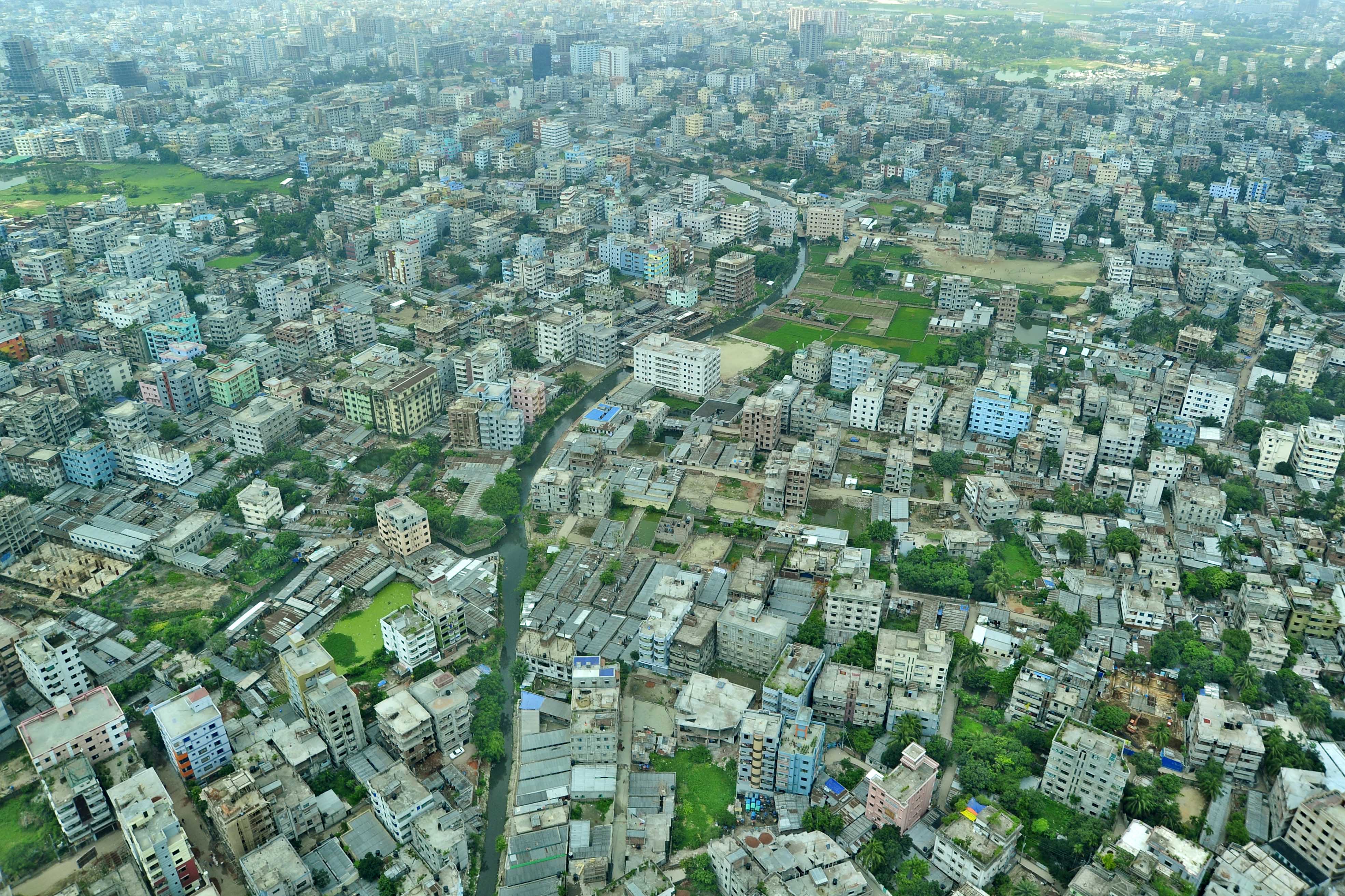Energy prices should be consciously regulated by the government

Dr MM Akash, professor at the Department of Economics of Dhaka University, talks to Eresh Omar Jamal of The Daily Star about the ongoing inflation in the country, as well as the role of the government and trade syndicates in it.
Despite the global rise in energy prices, Bangladesh has at times seen disproportionately higher prices in comparison. But when global prices dropped, we did not see the energy prices here go down. Why is that?
Most of the markets are not regulated by the government directly, but the price for energy, since it is a strategic commodity like, let's say, food products, is actually politically sensitive and therefore must be consciously regulated and/or monitored by any government. For example, in Bangladesh, energy prices should be determined by the Bangladesh Energy Regulatory Commission (BERC) through a transparent tripartite meeting of all stakeholders, after conducting detailed public hearings about the real cost of energy supply, including the international buying price, freight charges, tariff, and internal transportation cost, taking into consideration a reasonable profit margin, etc. But this institutional price mechanism has been violated and the Consumer Association of Bangladesh (CAB) has lodged a legal suit against the ministry and BERC in the recent past.
So, prices – of LNG, electricity, petroleum, gas, diesel, etc – have become subjected to a "cat and mouse" game that has been going on among BERC, CAB, and the concerned ministry. Sometimes, BERC yields to vested interests, other times CAB goes to court, and sometimes, using the indemnity ordinance for the energy sector or for so-called "urgent reasons," the ministry determines and announces the prices through an administrative order.
People have been experiencing tremendous inflationary pressure for some time now. Has the government done enough over the past couple of years to support them? How could it have been done better?
One measure taken for controlling essential commodity prices by the government in urban areas is the Trading Corporation of Bangladesh (TCB) outlets that were selling necessities at lower prices. The long lines and the fact that even middle-class people are now standing in them prove that what the TCB supplied was not enough, and that it was just a temporary measure.
The popular demand is for rationing or cash expenditure support to target people who cannot afford what they need to consume. But some privileged groups enjoy rations and other indirect advantages. In rural areas, vulnerable groups also have access to such facilities. But the system should be made universal. A rational system will have to be built to ensure minimum food security (rice, lentil, sugar, cooking oil, etc) for low-income groups – that may then show and prove the goodwill of the government in this regard.
On the one hand, we see farmers struggling to earn enough from farming. On the other hand, we see prices of agricultural products increasing. Why do we see such discrepancies, and who is benefitting from them?
The markets for our agricultural products at the producer level are highly competitive and there are numerous sellers of surplus products. They do not have staying power, modern marketing connections or storage facilities. So they greatly depend on middlemen to connect them to the retail market at the consumer end. It is the middlemen that are benefitting.
Trade syndicates artificially pushing prices up has plagued our country for years. Recently, the Bangladesh Competition Commission filed 44 cases against 36 individuals and organisations, accusing them of creating an artificial crisis in the market. But why haven't we seen the government taking meaningful actions to stop such collusion in the past? Do you see any indication to believe that things might change going forward?
In the case of imported products, the syndicate of sellers is very strong and it controls wholesale prices. As you have noted correctly, trade syndicates artificially pushing prices up has continued to plague our country for years. The issue is whether the government has been able to identify those syndicates, and if it did really take effective measures to break them up by applying competition laws against them. The answer in the past has been "no."
However, the Bangladesh Competition Commission has filed numerous cases against many large companies. I think we must wait and see whether this time any real punishment or fine or tax is charged against their monopoly to make super profits.
But for a permanent solution, the TCB must have an adequate, say, one-third of the total supply as a buffer stock for all selected necessary items – imported or locally-produced.
TCB also must have an attached network of small suppliers all over the country, so that price intervention through open market sale (OMS) can be resorted to at any time and in any place, whenever the strong syndicates try to raise prices by creating an artificial supply deficit or import crisis.
This long-term solution was preached in the taskforce reports of Prof Rehman Sobhan in the 1990s, when politicians were still not following the so-called "mukto bazaar orthoniti" (free market economics) – when business syndicates were not as strong as they are now, and when bureaucrats and politicians still had a pro-people vision or manifesto before them.




 For all latest news, follow The Daily Star's Google News channel.
For all latest news, follow The Daily Star's Google News channel. 


Comments